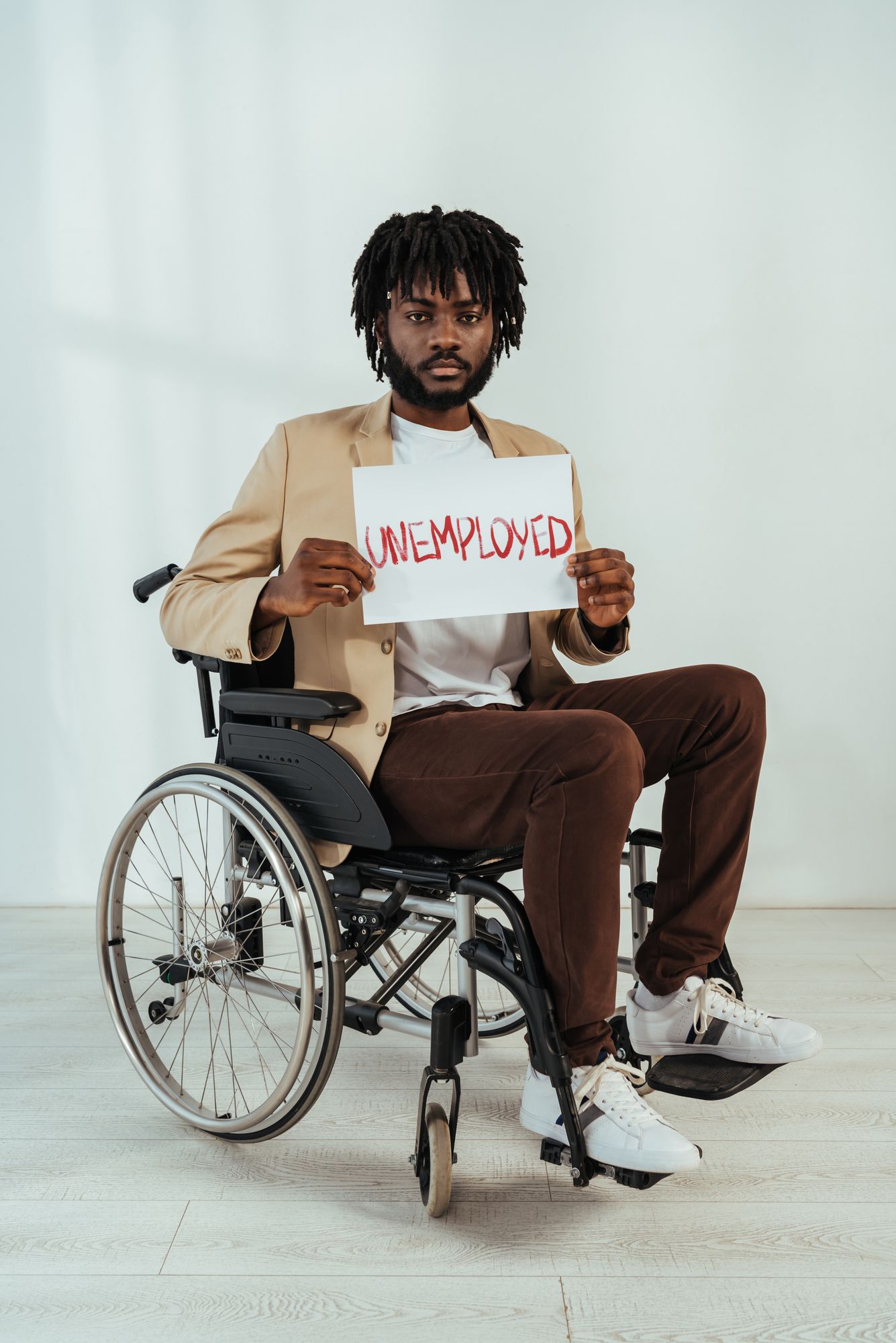The Financial Impact of the COVID-19 Pandemic on People with Disabilities
By Olusegun Akinfenwa
The COVID-19 pandemic has thrown the world into the worst precarious health and economic crisis in recent memory, and widened the global inequality gap. Unfortunately, both health-wise and financially, the impacts are more telling on persons with disabilities. While it is no longer news that disabled people are among the highest risk to be infected with the virus, they also face some of the pandemic’s worst financial crises.
Even before the coronavirus outbreak, the world’s disabled population has witnessed much higher economic burdens than the general population. This includes difficulties in getting a job, harassments in places of work, and challenges in managing health crises and job demands. All these have now been worsened as more of them have lost their jobs or had their work hours reduced more than non-disabled workers.
As of August 2020, approximately 1 million people with disabilities had lost their jobs in the US. Further findings showed a difference of 13.2 percent to 8.4 percent unemployment rate between disabled and non-disabled workers. The laid-off disabled workers are also worried about ever getting the chance to work again, especially as the global unemployment rate increases, and many companies don’t have adequate disability-inclusive cultures.
Furthermore, disabled people are more likely to work in the informal sector, low-income-wage industries, and be self-employed. This makes them more likely to lose their income and experience more severe financial hardship. Apart from disproportionate income losses, surveys from around the world reveal that they have also experienced a decline in aid, hunger, debt, and other forms of hardships. In Australia, 8.1 percent of disabled people have gone hungry, compared to 4.4 percent of the general population.
While the widening inequality gap between disabled and non-disabled populations is global, the effects are much more on those in conflict zones. According to a report by the International Committee of the Red Cross (ICRC), the COVID-19 pandemic has exposed disabled individuals to “increased health challenges, exacerbated threats to their security, and societal marginalization that negatively impacts nearly every facet of their lives.”
Also, among the worst-hit are those who depend on other people or special services to meet their basic needs. In the UK, for instance, the pandemic has made many people with disabilities compete with non-disabled people for their online shopping deliveries of food and other essentials. Unfortunately, people in this category may face more challenges as the country’s newly introduced immigration system is set to cause a staffing crisis in the care sector, which largely serves its vulnerable population, including the disabled.
The pandemic has further revealed the inequality gap between persons with disabilities and the general population. To bridge the disparities and lessen the disproportionate health and economic effects on this vulnerable community, there is a need for policies that encourage disability inclusion globally.
Olusegun Akinfenwa is a political correspondent for ImmiNews, a UK based organization that covers political and social events from around the world.












